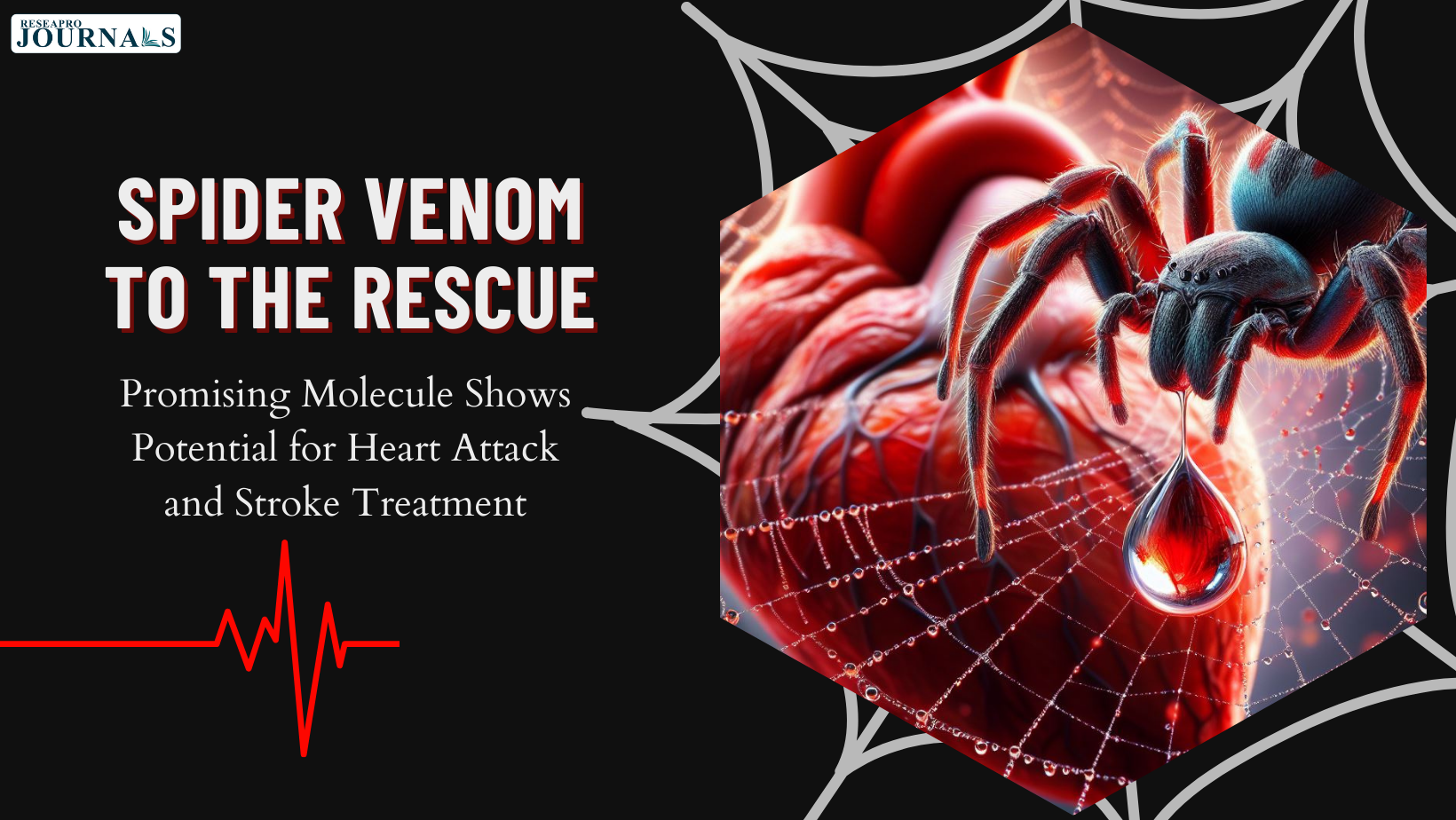Heart attacks and strokes are the leading causes of death worldwide, leaving millions devastated and searching for hope. But what if a tiny creature with a fearsome reputation held the key to unlocking a new era of cardiovascular care? That’s exactly what researchers at the University of Queensland (UQ) are exploring with a promising molecule found in spider venom.
Hi1a: A Hero Hiding in Venom
Meet Hi1a, a molecule isolated from the venom of the K’gari funnel-web spider, a native Australian arachnid. This venom, while potent enough to bring down small prey, may hold the potential to save human lives. Studies led by Associate Professor Nathan Palpant and Professor Glenn King have shown that Hi1a possesses remarkable properties:
- Protecting cells:┬ĀHi1a shields heart and brain cells from damage caused by oxygen deprivation during heart attacks and strokes.
- Targeting the injured:┬ĀUnlike other drugs, Hi1a selectively binds to damaged cells, leaving healthy tissues unharmed, potentially reducing side effects.
- Matching the best:┬ĀPreclinical tests reveal Hi1a’s effectiveness rivals that of the only cardioprotective drug to reach Phase 3 trials, which was ultimately abandoned due to safety concerns.
Hope on the Horizon
These findings mark a significant step forward in the quest for better cardiovascular treatments. The research team, including Dr. Meredith Redd and Drs. Melissa Reichelt and Yusuke Yoshikawa, is now focused on:
- Optimizing Hi1a:┬ĀFine-tuning the molecule for maximum efficacy and safety.
- Conducting further trials:┬ĀMoving towards larger-scale clinical studies to test Hi1a’s effectiveness in humans.
- Bringing Hi1a to patients:┬ĀInfensa Bioscience, a company co-founded by the researchers, is working to bring Hi1a to market.
A Light at the End of the Tunnel
While there’s still a long road ahead, Hi1a’s potential is undeniable. If successfully developed, this spider-derived molecule could offer millions of people suffering from heart disease a new chance at life. It’s a testament to the power of scientific curiosity and the unexpected places where life-saving solutions can be found.




